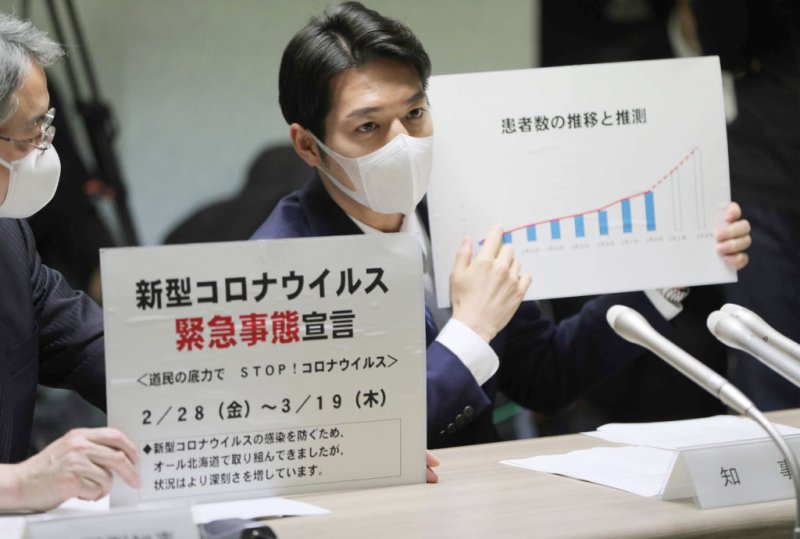As I pondered yesterday President Trump seems to think he's an expert on everything, the first half of a TIME report got my attention. The second half, not included below, tells how Japanese island Hokkaido became infected by Chinese tourists and how Japanese citizens had to be asked, and begged, to social distance and stay home, because Japan's Constitution, influenced by U.S. Military oversight after World War II, contains strict protection of civil liberties to ward off a return to Fascism.
sloanbashinsky@yahoo.com
https://time.com/5826918/hokkaido-coronavirus-lockdown/
This Japanese Island Lifted Its Coronavirus Lockdown Too Soon and Became a Warning to the World


No comments:
Post a Comment